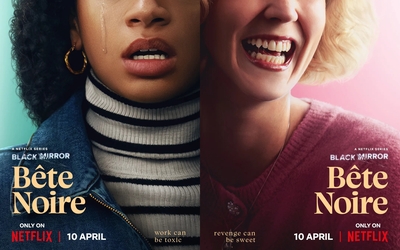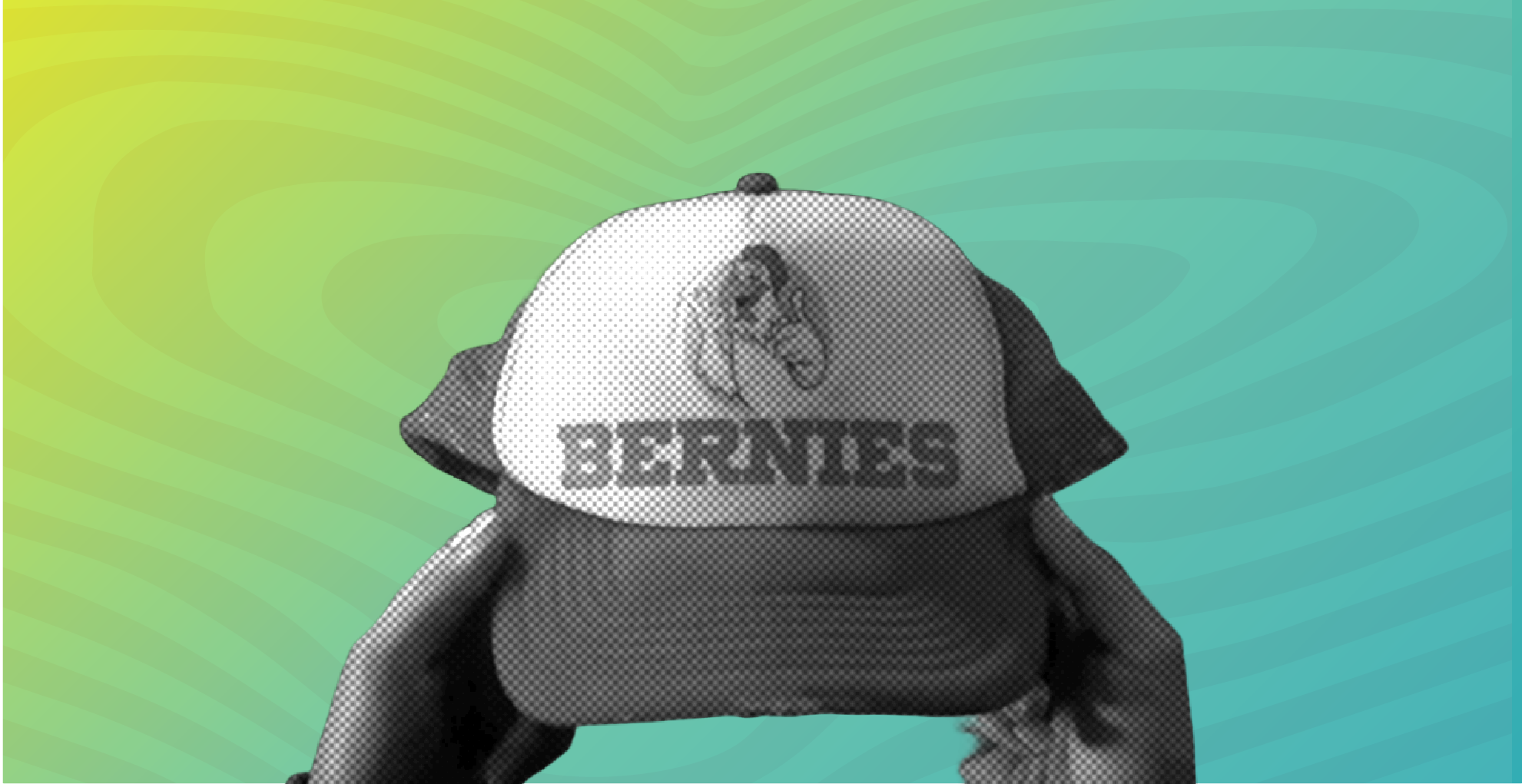Real Life Black Mirror: How Marketing Can Change Your Perception
Black Mirror Season 7 was back with a bang this month. Obviously like any sane person I blitzed through it. One episode that really stood out to me this season was “Bête Noire”. Twisted and techy it gave the classic Black Mirror feeling of: “can this actually happen”.
Spoiler warning: If you haven’t seen the episode yet, go watch it first. This post will absolutely spoil it and you’ll enjoy it more going in blind.

As I was saying…
The set-up is a fictional food manufacturing company, we follow the main character Maria – Head of Flavour who’s just about to launch her newest invention, a Miso Jam Chocolate bar aka a “Hucklebuck”. She is well liked and ambitious. However, an old school acquaintance from the past makes an unexpected arrival – Verity. With some major unfinished business. The tension is instant and what starts out as office politics shifts to full on psychological warfare sprinkled with a lot of gaslighting.
Long story short, Verity is here for revenge and she’s not just changing people’s perceptions but manipulating reality itself.
Changing perceptions or changing habits?
Bear with me here, this is where things got interesting for me as a marketeer.
Verity is almost you could say ‘rebranding’ Maria. Using the equivalent of a PR Stunt. Shifting narratives and cherry-picking stories to change how she is perceived by those around her. What is the scariest part?This mirrors how brands, politicians, influencers or media outlets shift public opinions every single day.
So how does this fit into real marketing parallels:
- Reputation management: Verity is capable of manipulating Maria’s environment to make her look unstable in front of her peers. Just like brands try to correct negative press with a positive spin on a counter campaign.
- Familiarity bias: Repeating narratives until they feel true (a little like the mandala effect) like how ads condition us to associate a brand with happiness or status, even if the product is so, so.
- Rewriting personal history: There is a scene where Maria’s past actions are subtly reinterpreted – “Nut Allergy”, if you know, you know. This can, in the ‘real world’ be linked to the manipulation of information, highlighting concerns about how algorithms and data control can influence what information is accessible
Are our habits really our own, or are they pre-selected by persuasive design and narrative?
Marketing, reality and getting what you want.
Ok, so this is when it’s going to get uncomfortable. The idea that marketing is a tool for reality distortion and we’re all willing participants.
Here are some current examples that first came to mind:
- “Clean” Beauty: There is actually no regulation around the word “clean” but consumers feel morally better buying products labelled that way. This can also flow into ‘clean girl aesthetic’ beauty, how makeup brands influencers and trends will latch onto this to sell product, views and boost the ‘clean’ narrative.
- Greenwashing: Companies like Coca-Cola will market how sustainable and how the environment matters and how much they are doing to change the course of climate change.
- “Wellness” Culture: Products that offer vague benefits with no specific scientific backing or even better for you but they evoke a feeling of health and status.
Marketing isn’t just about highlighting a product’s feature, it about making you feel like you’re the kind of person who would use it. It edits the story you tell about yourself.
In “Bête Noire,” Verity builds a world where Maria is the villain. In real life, brands do the opposite, building a world where you’re the hero, the trendsetter, the solution-seeker.
Tech is not the villain. People are:
A classic Black Mirror theme: the tech isn’t evil; it’s just amplifying who we already are.
Verity’s pendant (a quantum compiler) isn’t framed as a weapon. It’s a tool. But in the wrong hands, it becomes a method of manipulation, erasure and control.
Now think about marketing tech:
- AI-generated content: Can produce helpful info… or deepfake political speeches.
- Personalisation algorithms: Can serve you relevant ads… or trap you in an echo chamber.
- Surveillance capitalism: We opt-in to being watched in exchange for “free” services.
Ask the deeper question: If we had the power to control how people see us would we use it responsibly?
Because in “Bête Noire,” Verity doesn’t. And in the real world? Brands, influencers and platforms don’t always either.
Conclusion: Is the mirror that black?
“Bête Noire” isn’t just a cautionary tale about tech. It’s a scathing metaphor for how perception is a product and we’re all selling it.
Whether you’re a marketeer crafting campaigns, a user curating your online self, or just a person consuming digital content… you’re part of the feedback loop.
So the next time you:
- See a too-perfect campaign.
- Feel swayed by a viral post.
- Or start doubting your own memory because an ad told you otherwise…
